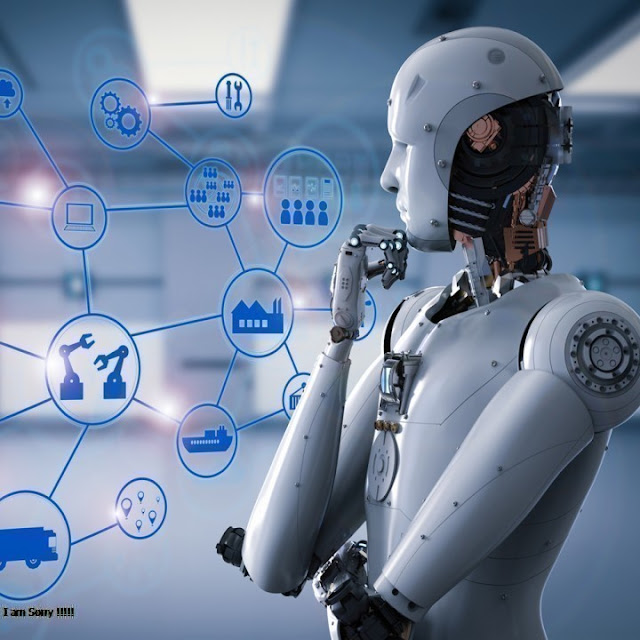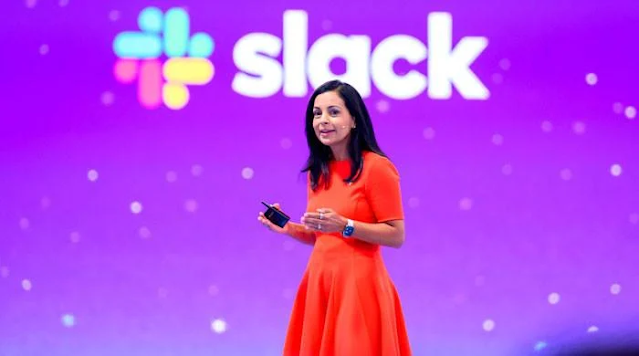UN Urges Schools to Introduce Guidelines for the Use of AI Tools Among Children
The Rise of AI in Education
AI technology has found its way into classrooms worldwide, offering various benefits to both educators and students. These AI-powered tools can provide personalized learning experiences, identify learning gaps, and adapt content to suit individual needs. They can also help teachers with administrative tasks, such as grading assignments and managing schedules, allowing them to focus more on teaching.
However, the rapid adoption of AI in education has raised questions about its potential negative consequences, especially when used excessively or without proper guidance. Concerns include issues related to privacy, data security, screen time, and the impact of AI on critical thinking and social skills.
UNESCO's Warning
UNESCO, the United Nations Educational, Scientific and Cultural Organization, has issued a warning regarding the excessive use of AI in education, particularly among children. The organization highlights the need for comprehensive guidelines and safeguards to ensure that AI tools benefit children without compromising their well-being.
1. Privacy and Data Security: One of the primary concerns is the collection and use of children's data by AI systems. UNESCO urges educational institutions to ensure that data privacy is a top priority when implementing AI tools. It is essential to have strict data protection measures in place to prevent the misuse of sensitive information.
2. Screen Time and Health: Excessive screen time can have adverse effects on children's physical and mental health. UNESCO recommends that schools establish clear limits on screen time and encourage a balanced use of technology. Additionally, educators should promote activities that foster physical activity, creativity, and social interaction.
3. Critical Thinking and Social Skills: While AI can enhance certain aspects of learning, it should not replace critical thinking and social skills development. UNESCO advises schools to strike a balance between AI-driven content and traditional teaching methods to ensure that children develop these essential skills.
4. Equity and Access: It is crucial to ensure that AI tools are accessible to all students, regardless of their socio-economic background. UNESCO encourages schools to bridge the digital divide by providing equal access to AI-powered resources and ensuring that no child is left behind.
The use of AI in education holds immense potential for improving learning outcomes and making education more inclusive. However, it also comes with significant responsibilities. UNESCO's warning and the UN's call for guidelines emphasize the importance of a balanced and responsible approach to AI in education.
Educational institutions, policymakers, and technology providers must work together to ensure that AI tools are used ethically and to the benefit of children's education. With proper guidelines in place, AI can be a valuable ally in shaping the next generation's learning experiences while safeguarding their privacy, health, and social development.



Comments
Post a Comment